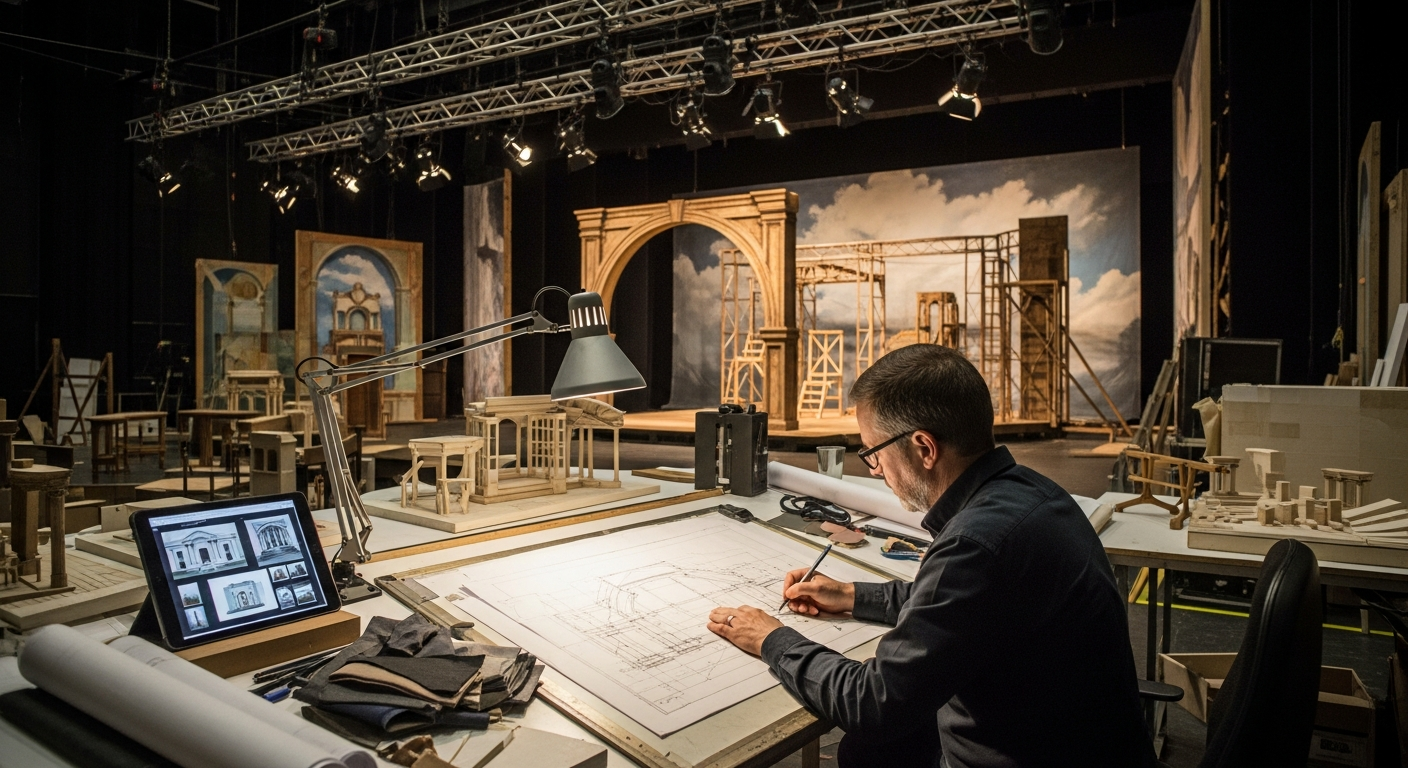"Transforming Spaces: The Art of Feng Shui in Modern Homes"
Imagine a living space where every object has a purpose and is strategically placed to create harmony and balance. This is not a fantasy, but a reality in homes where Feng Shui, an ancient Chinese practice, is incorporated. Let's delve into the transformative power of Feng Shui and how it's making a modern resurgence.

The Ancient Roots of Feng Shui
Feng Shui, which means “wind-water,” is an age-old Chinese practice that dates back over 3,000 years, to the Zhou era. It is based on the Taoist vision and understanding of nature, particularly the belief that the land is alive and filled with Chi, or energy. Traditional Feng Shui was used to orient buildings—often spiritually significant structures such as tombs, but also dwellings and other structures—in an auspicious manner. Its purpose was to harmonize individuals with their surrounding environment.
Feng Shui in Contemporary Homes
Fast forward to the 21st century, and Feng Shui has found a place in modern homes across the world. Today’s homeowners use Feng Shui to bring balance to their living spaces, thereby promoting health, happiness, and prosperity. The practice involves arranging furniture, decor, and other elements of a home, to create a positive flow of energy. This can involve anything from the position of a bed to the color palette of a room.
Practicality and Market Trends
Feng Shui is not just about aesthetics, but also functionality. The arrangement of objects according to Feng Shui principles creates a sense of flow and ease in movement. This makes spaces not only visually appealing but also practical for everyday living. In terms of market trends, the global Feng Shui market is witnessing significant growth. With the rising emphasis on mental health and wellness, Feng Shui is gaining popularity as a means to create peaceful, harmonious living spaces.
The Impact of Feng Shui on Daily Living
The incorporation of Feng Shui into home design can significantly enhance the quality of daily living. It allows for a more organized and clutter-free environment, which can reduce stress and foster a sense of tranquility. Moreover, it encourages a mindful approach to living, prompting individuals to be more aware of their surroundings and the objects they possess.
Conclusion
While Feng Shui may have ancient roots, its principles are timeless. The practice caters to the modern homeowner’s desire for a home that is not just stylish but also promotes wellness and harmony. By understanding and applying the principles of Feng Shui, homeowners can transform their living spaces into havens of balance and peace.






